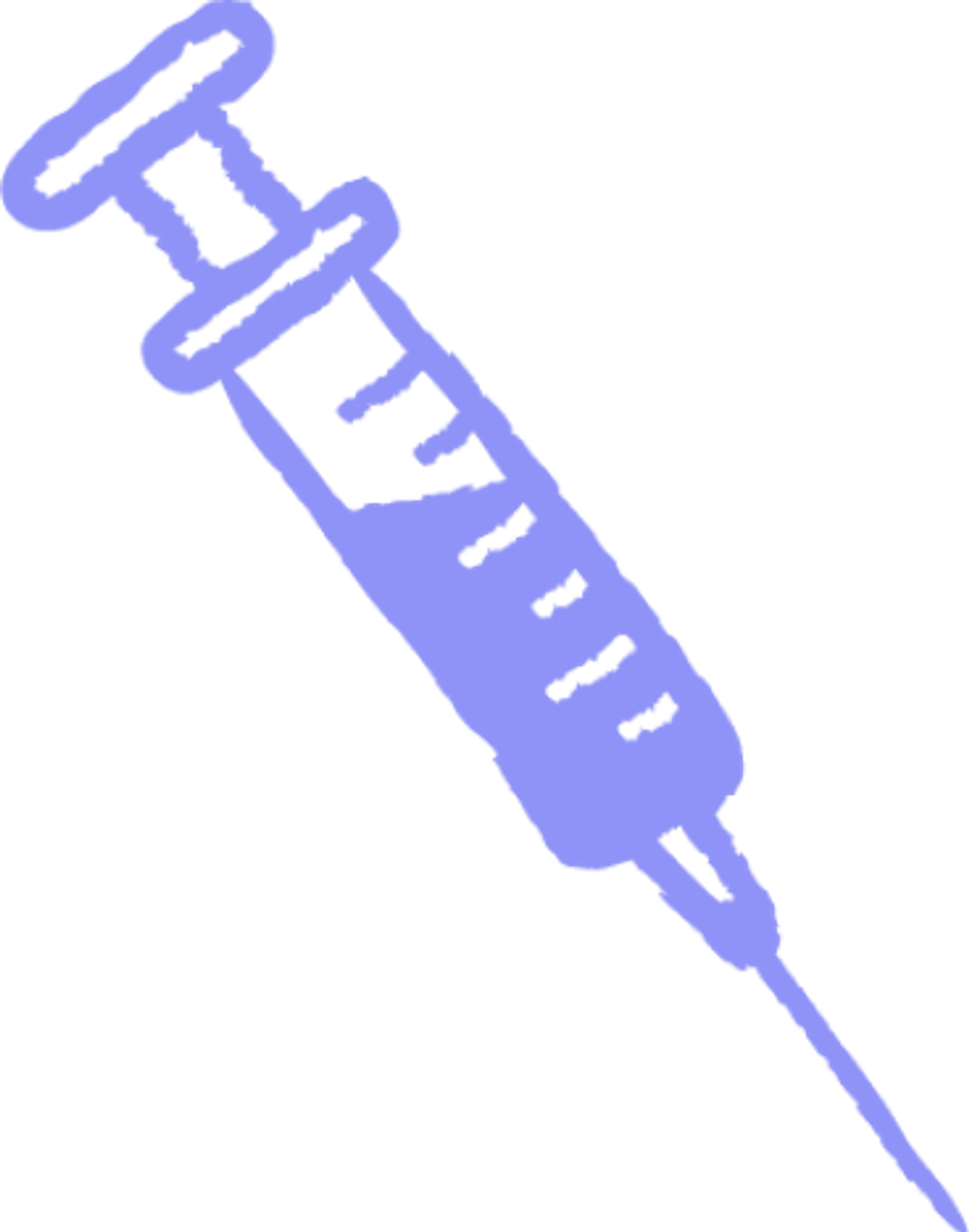Plasma 101
Who: Eligible donors between 18 and 63 can earn up to $560 a month in NY and up to $770 a month in FL.
What: Plasma is the yellow part of your blood that replenishes naturally.
Where: Queens, Brooklyn, The Bronx (NY), and Ft. Pierce (FL).
Why: Get paid to donate and help treat bleeding disorders, immune deficiencies, and more.
When: No appointment needed—walk in anytime before closing.
Understanding Blood Plasma: More than Just a Component

Plasma is more than just a component of our blood; it's the life-sustaining river that courses through our veins, carrying not just blood cells but also nutrients, hormones, and waste products. It plays a vital role in coagulation, immunity, and even in maintaining our body's pH balance. Yet, it's often overlooked in discussions about our body's functions. In this article, we'll shine a spotlight on blood plasma’s composition and functions; and its medical importance. We'll also delve into the significance of plasma donation, a simple act that can save lives. So, if you've ever wondered about the golden liquid that makes up about 55% of our blood, read on. This isn't just a deep dive into blood plasma; it's a journey into the heart of what keeps us alive.
What is Blood Plasma?
What is Blood Plasma?
Blood plasma, the often overlooked component of our blood, plays a crucial role in our body's function. It is a yellowish liquid that makes up about 55% of our blood and carries platelets, red blood cells, and white blood cells around the body. Plasma comprises about 92% water, 7% vital proteins such as albumin, gamma globulin, and anti-hemophilic factor, and 1% mineral salts, sugars, fats, hormones, and vitamins. It serves as the medium for delivering nutrients, hormones, and proteins to the parts of the body that need them and also helps remove waste from the body.
The Role of Blood Plasma in the Body
The role of blood plasma in our body is multifaceted. It helps maintain blood pressure and volume, supplies critical proteins for blood clotting and immunity, carries electrolytes such as sodium and potassium to our muscles, and helps to maintain a proper pH balance in the body, which supports cell function. Plasma is also essential in the treatment of many serious health problems. For instance, plasma donations can replenish the blood and plasma lost in the body due to surgery, an accident, or bleeding disorders. Moreover, the proteins and antibodies in plasma are used in therapies for rare chronic conditions, including autoimmune disorders and hemophilia.

The Functions of Blood Plasma
Coagulation and Blood Plasma
Blood plasma plays a crucial role in coagulation, which is the body's response to prevent excessive bleeding when an injury occurs. Coagulation involves a series of reactions that ultimately lead to clot formation. One of the main components of blood plasma involved in coagulation is fibrinogen, a protein that is converted into fibrin during the plasma clotting process. Fibrin forms a mesh-like structure that traps platelets and blood cells, forming a clot that stops bleeding. Other procoagulants like thrombin and factor X also participate in the process, enhancing the blood clotting mechanism. Therefore, blood plasma is essential for the body's ability to form clots and prevent excessive bleeding.
Immunity and Blood Plasma
Blood plasma also plays a significant role in the body's immune response. It contains immunoglobulins, also known as antibodies, which are proteins that help fight against bacteria, viruses, fungi, and parasites. These antibodies are produced by B lymphocytes and are crucial for the body's defense mechanism. When foreign substances, known as antigens, enter the body, these antibodies bind to them, marking them for destruction by other immune cells. This process helps the body neutralize and eliminate harmful pathogens, protecting us from various diseases. Autoimmune diseases can affect our ability to carry out these crucial responses.
Blood Pressure, Volume, and pH Balance
Blood plasma contributes significantly to maintaining blood pressure, volume, and pH balance. It contains electrolytes like sodium, potassium, bicarbonate, chloride, and calcium that help maintain the blood's pH level. Moreover, the proteins in blood plasma, such as albumin, help maintain the colloidal osmotic pressure, which is crucial for regulating blood volume and, consequently, blood pressure. By maintaining the balance of these factors, blood plasma ensures the proper functioning of our body's cells and organs.
Transportation and Body Temperature Regulation
Blood plasma is also responsible for the transportation of various substances throughout the body. It carries nutrients like glucose, amino acids, lipids, and vitamins absorbed from the digestive tract to different parts of the body, providing the necessary fuel for growth and development. It also transports respiratory gases, carrying oxygen to various organs and carbon dioxide back to the lungs for excretion. Blood plasma also plays a role in body temperature regulation by balancing heat loss and heat gain in the body. This regulation is crucial for maintaining the body's homeostasis and ensuring the proper functioning of physiological processes.
The Importance of Plasma in Our Bodies
Blood Plasma in Medical Treatments
Blood plasma plays a crucial role in various medical treatments. It's a versatile component of our blood that can be used to treat a wide range of conditions. For instance, plasma is often used in therapies for patients with burns, shock, and disorders that cause clotting problems. This is because plasma contains clotting factors that help control bleeding. It's also used to treat conditions such as liver failure and severe infections, where it helps replace missing or low levels of blood proteins.
Moreover, plasma is used in the creation of treatments for immune system conditions. This is because it contains antibodies that our bodies use to fight off viruses and bacteria. For example, plasma-derived therapies are used to treat primary immunodeficiency diseases, which occur when our immune system components are missing or not working properly. Plasma is used in endless pediatric treatments to save children and give them the chance at life they deserve.
Blood Plasma and Rare Blood Diseases
Blood plasma is also crucial in the treatment of rare blood diseases. One such condition is multiple myeloma, a rare form of cancer characterized by excessive production and improper function of certain cells (plasma cells) found in the bone marrow. In this disease, excessive plasma cells may eventually mass together to form a tumor or tumors in various sites of the body, especially the bone marrow.
Plasma cells are a key component of the immune system and secrete a substance known as immunoglobulin proteins (M-proteins), a type of antibody. Overproduction of plasma cells in affected individuals results in abnormally high levels of these proteins within the body, referred to as M proteins. Major symptoms of multiple myeloma may include bone pain, especially in the back and the ribs; low levels of circulating red blood cells (anemia) resulting in weakness, fatigue, and lack of color (pallor); and kidney (renal) abnormalities. Some affected individuals are more susceptible to bacterial infections such as pneumonia.
In the treatment of multiple myeloma, stem-cell transplantation, along with high-dose chemotherapy, is regularly used. This process often involves the use of plasma to support the patient's immune system and help fight the disease.

Plasma Donation
The Process of Plasma Donation
The process of plasma donation is straightforward and highly regulated for safety. When you arrive at a plasma center, you will check in at the front desk, showing a valid photo ID, proof of address, and proof of social security. Every time you donate, you will receive a health screening to ensure you are eligible and healthy. This includes checking your vital signs and giving a blood sample.
The first time you give plasma, you will receive a brief physical exam from a trained medical specialist. This is to ensure you are in good health. After approval, plasma center staff will set you up at a plasmapheresis machine. This specialized medical device collects whole blood from a vein in your arm, separates the plasma, and returns the remaining blood components to your body. The entire process takes about an hour. After donation, you should plan to stay at the plasma center for about 10–15 minutes for recovery. As a safety precaution, you should continue to drink water and eat a small meal shortly after giving plasma to restore your energy.
The Importance of Plasma Donation
Plasma donation is not just a noble act but also vital for medical treatments. Plasma is used in the treatment of many serious health problems, including immune deficiencies, hemophilia, and other blood disorders. It's also used in medical research to develop treatments for conditions like Alzheimer's and autoimmune diseases. The demand for plasma is high, and donations are always needed.
Moreover, plasma regenerates quickly. With proper hydration, your blood volume returns to normal within 48 hours. Because of this, you can give plasma twice in any 7 days, but no more than once in 48 hours. This makes plasma donation a sustainable way to contribute regularly to saving lives and improving the health of others. You can speed up your recovery and ensure your plasma is good quality with some simple healthy life choices. Check what to do and not do before donating plasma, what excludes you from donating, and what the side effects are.
Universal Plasma
In the world of plasma donation, there's a term called "universal plasma" This refers to the plasma from AB blood-type donors. AB plasma is considered universal because it can be given to patients of any blood type. This makes AB plasma donors especially important in the medical community. Their donations can be used more flexibly and can help a wider range of patients. So, if you're an AB blood type, your plasma donations are particularly valuable.
In this journey, we've delved into the fascinating world of blood plasma, exploring its composition, vital functions, and medical importance. As we've learned, blood plasma is more than just a component of our blood. It's a lifeline, a healer, and a vital part of our health and well-being. So, whether you're considering donating or simply curious about this essential fluid, remember: blood plasma truly is more than just a component.
Find a plasma donation center near you, or call us to speak to a friendly team member about what you can do to help others with a plasma donation.
















